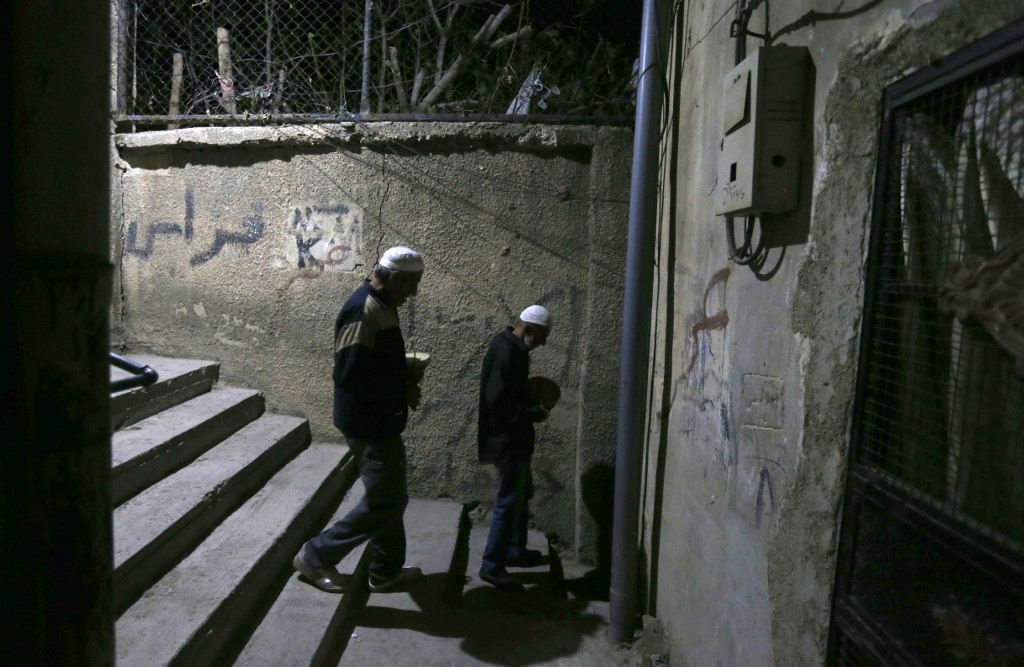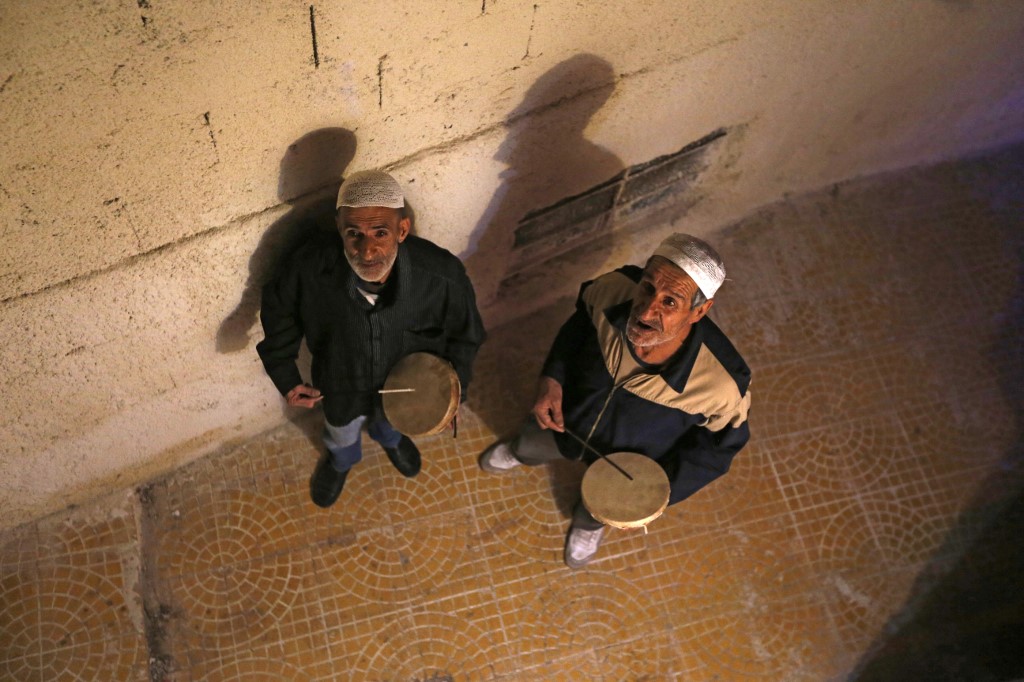Tunisian President Kais Saied promises ‘free and fair’ elections in talks with EU delegation
ROME: Tunisian President Kais Saied has told a European Parliament delegation in Tunis that he is determined to hold a referendum and “free and fair” elections in a bid to end political instability in the country.
He also pledged “to preserve the unity, continuity and sovereignty of the state, according to the will of the Tunisian people.”
The delegation from the parliament’s foreign affairs committee included Michael Gahler, Javier Nart, Jakop Dalunde and Andrea Cozzolino.
According to a statement from the Tunisian presidency, Saied expressed his “full determination to end this exceptional period by launching initiatives to prepare the organization of a referendum, and free and fair legislative elections on Dec. 17.”
Tunisia has been in a state of political upheaval since Saied declared a state of emergency on July 25, 2021, dismissing Prime Minister Hichem Mechichi and suspending Parliament, which last month was finally dissolved.
An EU spokesman last week expressed “serious concern” over recent developments in Tunisia and warned that continued support depends on the country “returning to a democratic course.”
The European delegation also met Prime Minister Najla Bouden and local representatives to discuss support for political reforms.
“We paid special attention to the country’s economic situation and on how to better support the Tunisian authorities in implementing reforms for the benefit of the entire population, in the context of the economic crisis and food security, the pandemic and the consequences of Russian aggression against Ukraine,” Cozzolino told Arab News.
The Italian MEP added that the delegation stressed “the need to respect the principles of popular participation, pluralism and representation.”

Tunisia wallows in uncertainty as President Kais Saied pushes aheadParliament dissolved, investigation launched after Tunisian MPs convene online





